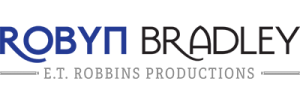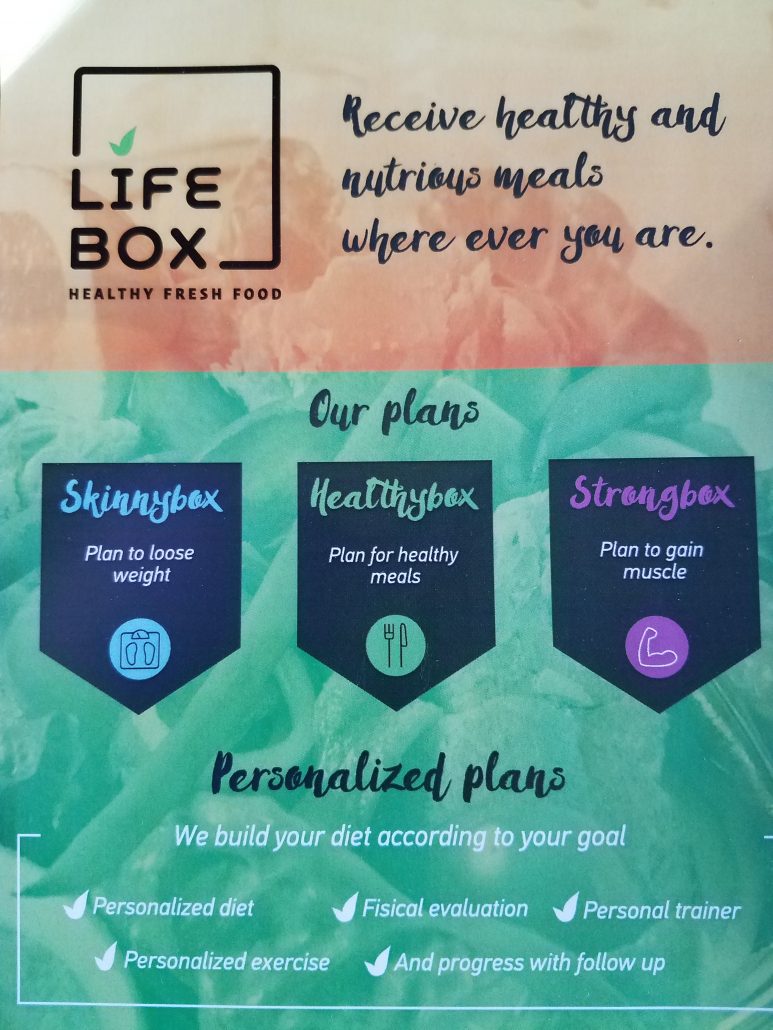The Story Behind My Copywriting Business Name: What Copywriters Can Learn From It
My copywriting business name is E.T. Robbins Productions LLC.
Where the heck did that come from?
Well, I’m about to tell you.
Or if you prefer watching a video, here you go.
It all began circa 1982.
Yes, kids. We’re talking decades ago in simpler times before smartphones, social media, and streaming. I was a wee lass of nine. I’m the youngest in my family and closer in age to some of my nieces and nephews, like Jason and Tesha.
I was nine or so, and Jason was two and Tesha was right behind him.
They had a hard time wrapping their little tongues around “Aunty Robyn.”
They said “E.T. Robbins.”
In my tween wisdom, I declared that E. T. Robbins would be my pen name when I grew up.
Because by this time, I knew I wanted “to be” a writer.
I’m not sure why a nom de plume held such allure.
But it did.
And it lasted!
Then what?
Fast forward twenty years. I’d done some stringing for my hometown newspaper under E.T. Robbins. I wrote an article for the Globe once, and I tried using my pen name, but they rightly informed me that they didn’t allow that. Makes sense, of course. I think that experience helped me transition to using my real name for bylines moving forward (even if the publication allowed pen names).
I decided to use E.T. Robbins Productions for my copywriting business name.
Why did I add the word “Productions”? To sound cool? More professional? Bigger than I was? I was coming from a seven-year stint in radio, so I think I envisioned doing voice-over work in addition to writing. So the word “productions” felt all-encompassing.
But yeah . . . it was a little confusing, especially in the early days when I networked and handed out business cards. (I can’t remember the last time I handed out a business card, although I do have them.)
(Interestingly enough, my author website is robynbradley.com.)
The evolution of my copywriting business name over 20+ years.
When I revamped my copywriting website a few years ago, my web designer (hi Jeff!) and I discussed my business name and logo at length. Should I change it? We decided to keep the name and the domain, but we shifted the emphasis from E.T. Robbins Productions to Robyn Bradley in the logo and throughout the site. I think the logo, the contact page/footers, and now this blog post are the only places I say the name.
But! Plot twist! I formed an LLC earlier this year, so now my official business name is E.T. Robbins Productions LLC. And because I’ve made this shift, I need to keep it somewhat prominent.
I usually joke that how I named my business is a lesson in how NOT to come up with a copywriting business name.
A few years ago, I made this crack to a prospect after explaining the name’s origin. The prospect surprised me and said he disagreed because the story behind my business name was interesting and memorable.
I’d never thought of it that way, but since then, other folks have said similar things.
It helps that it’s not a long story to tell. It’s easy to explain and for people to understand. And it usually elicits a chuckle or smile.
But I still find the name kind of clunky, especially when I have to give someone my email address over the phone or in person: robyn at etrobbins dot com. I often default to my author email or my Gmail address for ease.
I do sometimes wonder if I’ve lost potential clicks when my site appears in SERPs (search engine results pages). The name is meaningless if you simply see etrobbins.com. Of course, I strive to have good page titles and meta descriptions, but still.
So what can new copywriters learn from my story as they come up with a copywriting business name?
- If you’re just starting out and you’re simply a party of one, your copywriting business name won’t likely make or break you. Yes, branding matters. And sure, a business name is often a core part of a brand’s identity. Think Google, Microsft, Dropbox, and Nike. But you’re not Google, Microsoft, Dropbox, or Nike, right? My point: Don’t agonize over this decision. Yes, you need a name. But if you’re stuck, go with the obvious: your own name. That’s what many copywriters do, and it works just fine.
- If you’ve secured your name (or some version of it) as a domain, you can use that for your website. And it can be the building block for a potential copywriting business name. For example, if you’re Jane Smith, and you’ve registered JaneSmith.com, you could use that for your business website. Your business name could be something simple like Jane Smith, Copywriter. Or Jane Smith.
- If your name isn’t available as a clean [FIRST NAME][LASTNAME].com, try modifying it and seeing if that name is available. Like JaneSmithWriter.com. Or JaneSmithCopywriter.com or JaneSmithCopy.com Again, the domain doesn’t have to be your business name. You could still use Jane Smith as your business name.
- Do consider registering relevant domain extensions. For example, if JaneSmith.net and JaneSmith.biz are available, you might want to snag them just to avoid someone else scooping them up and creating confusion.
- Be careful when trying to develop a clever name. I tend to see two types of copywriting business names. The first involves the writer’s name. The second is usually something more creative, clever, or punny, like The Hired Pens. I think The Hired Pens is a great name. It’s clear what the company does. But coming up with clever ain’t always easy. And one person’s “clever” might read as corny or cliche to someone else. I’m not saying you should avoid coming up with something clever. Just think it through. AND MAKE SURE YOU GOOGLE THE HECK OUT OF IT BEFORE COMMITTING. You might think you’ve come up with the Best. Name. Ever. Chances are (very) good that some other writer is using it. Being clever and creative is what we writers do!
- Remember, nothing is forever. You can always change your business name. I’m not saying it’s an easy decision . . . or that it would be easy to do, depending on how long you’ve been in business. But it’s doable.
Two resources to check out to guide you as you name your copywriting business.
- I recently discovered this AI tool to help you name your copywriting business. I’m not suggesting you use whatever it spits out. But it might be fun to play around with. It could get your creative juices flowing.
- Check out the Fritinancy blog, especially the sidebar items under Naming 101. LOTS of excellent advice. And the woman behind this blog, Nancy Friedman, has a website, too. She offers a low-cost way to get advice on naming a business. (I haven’t used the service, but I do know a company that used her for naming a product, based on my mentioning her to them . . . and they loved her process.)
Got a Question for the Copy Bitch?
That’s me! I’m the Copy Bitch. Contact me or visit my YouTube channel and leave a comment on one of my videos. I might make a blog post or video with the answer.

